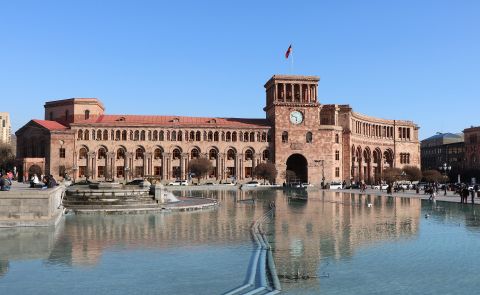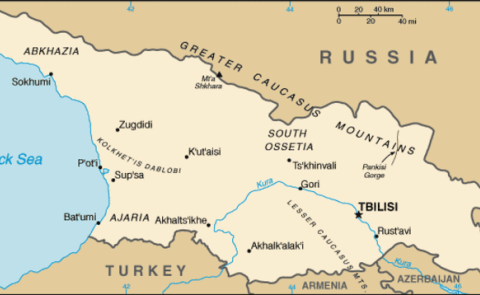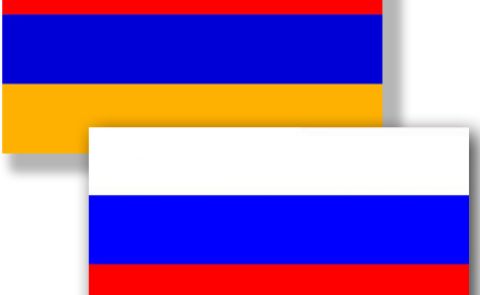
Russian MP: "Russian language possibly discriminated in Abkhazia"

Leonid Kalashnikov, the chairman of the State Duma Committee on CIS Affairs, Eurasian Integration, and Relations with Compatriots, sparked outrage in Sukhumi after raising concerns about Abkhaz legislation that requires parliamentarians to speak the Abkhaz language.
MP Kalashnikov said that the law, which he described as a "pro-forma intended at helping the Abkhaz language," really led to "discrimination of the Russian language" in the occupied zone. "Considering the significance of the Russian language, which is the de facto means of inter-ethnic contacts, such an initiative might result in inter-ethnic hostilities," the member cautioned in an extended Committee meeting with de-facto Abkhaz senior diplomat Inal Ardzinba in attendance.
Furthermore, MP Kalashnikov pressed Sukhumi to speed up the implementation of its "common socio-economic space" agreement with Moscow by harmonising Abkhaz and Russian legislation, particularly by introducing the foreign agent law, which was fiercely opposed by local civil society leaders. He also allegedly stated that Moscow and separatist Sukhumi had agreed to form a working group to focus on the removal of the Psou checkpoint, which is located in the northwesternmost area of Georgia's border with Russia and is held by the Abkhaz.
On May 25th, the de-facto Minister of Foreign Affairs of Abkhazia Inal Ardzinba issued a statement in response to MP Kalashnikov's claims, emphasising that current de-facto Abkhaz legislation "reliably protects the status of the Russian language, allowing all citizens to use the Russian language as much as possible and without hindrance in all spheres of activity." He noted that both Abkhaz and Russian are deemed "languages of state and other institutions" in the occupied region's "constitution." All Abkhazia citizens are "given education and training in the Abkhaz and Russian languages," according to Ardzinba. He further claimed that Russian, along with the Abkhaz language, are languages "of official communication in the highest levels of state authority," with draft laws and other legal actions.
The Russian Community of Abkhazia and the Black Sea Cossack Army of Abkhazia issued a joint statement on May 26th stressing that the Russian language "is not subject to any violation and there are no fears of its elimination" in the territory. MP Kalashnikov's words, according to the signatories, are "unacceptable and unfriendly insults on the whole multicultural people of Abkhazia," and are intended to exacerbate interethnic tensions. "This mistake of our compatriot in the Russian Federation's State Duma will not become a source of national strife inside Abkhazia's society or between our fraternal nations," the organisations declared.
On May 27th, de-facto Abkhaz opposition leader Adgur Ardzinba claimed that MP Kalashnikov's comment was "outrageous." Ardzinba emphasised the need of passing the Act since the Abkhaz language is "under attack," and chastised the Abkhaz delegation for not informing MP Kalashnikov "how things truly are" during the Committee meeting. He chastised the government for giving "misleading signals" and "trading on our national interests." The de-facto opposition leader also claimed that the topic of Russian language in Abkhazia should not have been brought up at all at the meeting, claiming that it was only intended to be about the Psou Checkpoint and that "such agenda items are addressed in advance."
See Also


BP Plans Second Deep-Gas Production Well at Azeri-Chirag-Gunashli

Separatist Abkhazia and Russia Reaffirm Strategic Partnership in Moscow Meeting

Weekly Brief on Military Situation in South Caucasus Countries (June 2–8, 2025)

Armenia–Russia Trade Hits $12 Billion in 2024, Up 60%

